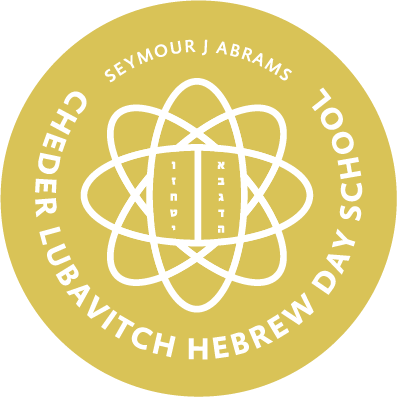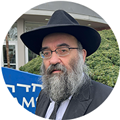| As we approach the festival of Shavuot, celebrated as Z'man Matan Torateinu—the "Season of the Giving of the Torah"—a thoughtful question arises: Why do we also celebrate Simchat Torah, a holiday seemingly centered on the very same event? Why did our sages designate two distinct festivals to commemorate what appears to be a singular, monumental moment in our history—the giving of the Torah at Sinai? The answer lies in appreciating the unique significance and character of each celebration. Simchat Torah marks the joyful culmination of the annual Torah reading cycle. We complete the final verses of Devarim (Deuteronomy) and immediately begin again with Bereishit (Genesis), symbolizing the perpetual, cyclical nature of Torah study. The joy of Simchat Torah is expressed not through study or intellectual engagement, but through dancing, singing, and celebrating with the Torah scrolls—which remain closed and covered throughout the festivities. This powerful imagery reflects a profound truth: the Torah belongs to every Jew, regardless of scholarship, observance, or background. As the verse teaches, "Torah tziva lanu Moshe, morasha kehilat Yaakov"—"The Torah that Moses commanded us is the inheritance of the entire congregation of Jacob." It is a birthright, an unbreakable bond between every Jew and the Torah. In contrast, Shavuot invites us to receive the Torah anew—not just as an inheritance, but as a living guide and source of moral clarity. It is a time not only to rejoice in the fact that we have the Torah, but to reflect on our responsibility to engage with it—to study it, internalize it, and allow it to shape our values, our choices, and our lives. Shavuot reminds us that the Torah is not merely a ceremonial relic we dance with once a year—it is Divine wisdom, a comprehensive blueprint for ethical living, spiritual growth, and meaningful existence. This distinction is particularly poignant in contemporary Jewish life. Despite high levels of education and professional success, many Jews remain disconnected from the wellspring of their own spiritual and intellectual heritage. Accomplished lawyers, professors, and business leaders—fluent in the language of academia and commerce—are often unfamiliar with even the basics of our sacred texts and traditions. There is a tragic irony in this disconnect: we excel in every arena of life, yet often overlook the priceless treasure that is uniquely ours. Shavuot is an opportunity to reclaim that treasure. It is a call to action: not only to celebrate the giving of the Torah, but to actively receive it—through meaningful, consistent Torah study. Every community offers accessible opportunities for learning, whether through classes, chavrutot (study partnerships), online platforms, or one-on-one sessions. The key is to make Torah study a non-negotiable fixture in our lives, just as we do with professional and personal commitments. As we celebrate Z'man Matan Torateinu, let us transform this season into a true Z'man Kabbalat HaTorah—a time of receiving the Torah through sincere, ongoing engagement. If you are interested in deepening your connection to Torah and Jewish learning, I warmly encourage you to reach out to Rabbi Yitzchok Wolf at 773-716-6521, or via email, to arrange a weekly or monthly class—whether in your home, office, or over the phone. No prior background is necessary; all that's needed is a willing heart and an open mind. Wishing you and your family a joyful, uplifting, and meaningful Shabbat and Yom Tov. Rabbi Yitzchok Wolf |


No comments:
Post a Comment